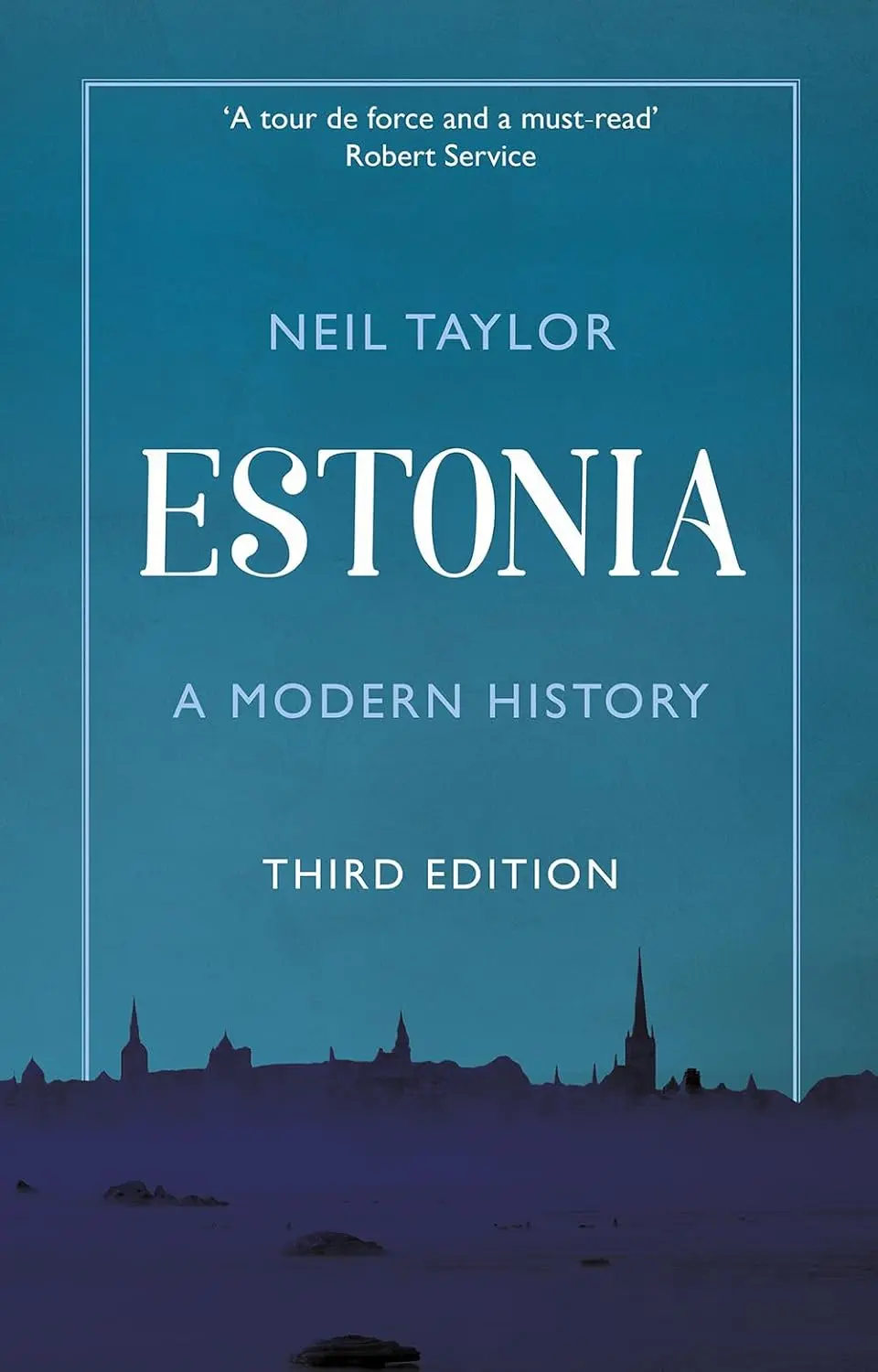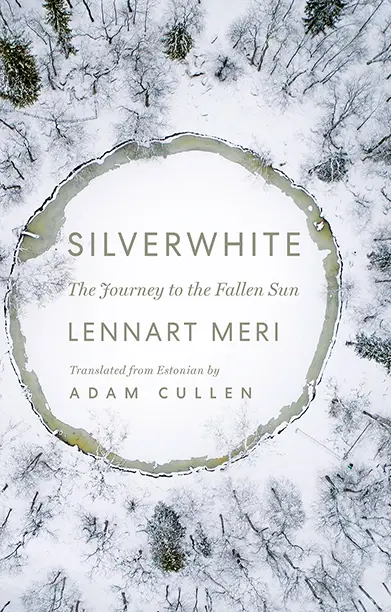Tooted
With only 1.3 million inhabitants, Estonia is one of Europe's least populous nations-yet it boasts one of the continent's fastest growing economies. In the first serious English-language history of this small Baltic state, Neil Taylor charts Estonia's long, arduous journey to its present-day prosperity, through a thousand years of occupation by Danes, Swedes, Germans and Russians.
In the wake of the First World War, out of the heat of a national awakening and the collapse of the Russian and German empires, Estonia was recognised as an independent nation in 1920. This was not to last-the country was tossed between the Soviets and Nazis during the Second World War, then fully integrated into the USSR, bringing on more than half a century of renewed occupation and misery. But hopes of true independence never dimmed and, in 1991, the Republic of Estonia was restored.
This unflinching history includes charming moments of colour and levity, from ambassadorial reports on nude bathing and a presidential press conference deliberately held beside a dirty toilet, to the story of a blind pianist, the first foreigner allowed to visit the city of Tartu in the Soviet era.
Silverwhite is a captivating exploration of the eastern Baltic nations' earliest history and interactions with Mediterranean and Near East peoples. This journey meticulously outlines an answer to the true whereabouts of Thule, the unearthly northernmost land of ancient legend. Although Silverwhite is grounded in classical literature and extensive historical, astronomical and geographical fact, Lennart Meri–foremost a writer and filmmaker–weaves his travelogue with poeticism.
Whereas a professional historian must show caution when using fantasy to patch gaps between facts, a poet is untethered. This epic work can also be read as a thriller: millennia ago, an enormous cosmic rock crashed into the Estonian island of Saaremaa. Through this extraordinary historical event, Meri brings together a curious cast including ancient Greeks, Arabs and Estonians.
All genuinely existed and met, even if their names have been lost to oblivion. When Meri wrote Silverwhite, Estonia was occupied; forced into the restrictions of Soviet Russian colonialism. His work was a balm against that closed-minded and unnatural state, offering the unmistakable message that the world has never been divided into isolated islands of civilisation.
Nations, eternally interconnected, have always shared knowledge and impacted one another in complex ways. Openness is inherent.


